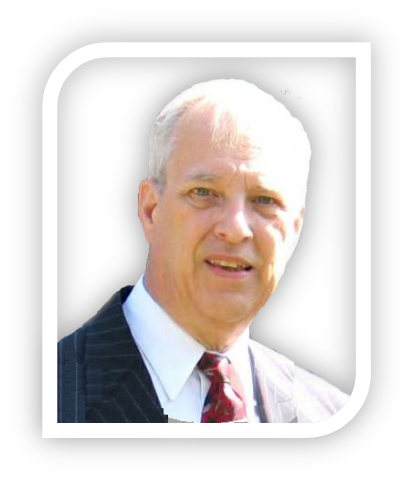- Overview
- Schedule
Summary:
The most widely attended FCC course has been updated to reflect the new equipment designs from the leading licensers. Operational data reflects current FCC practices. All of the major components of the FCC reactor and regenerator, flue gas and gas plant systems are presented which includes some design information. The heat balance and pressure balances are examined to reveal how they impact an FCC operation.
Residual processing reflects the current practices and equipment used in this application. The handling of the obstacles to processing resid are examined and current methods of alleviating them are presented.
Sections on fluidization, catalyst and additives and catalyst evaluation are presented in a way that will help participants better understand the FCC process.
The last section reviews refining trends and its effect on the FCC process.
The course instructors have over 85 years of experience in catalytic cracking including jobs in R & D, refining, catalysts, operations and process development.
Participants are invited to submit questions for discussion during the program.
Outline:
- FCC Fundamentals
- FCC Chemistry and Heat Balance
- FCC Variable Effects
- Process Equipment Overview
- Cracking of Heavy Feedstocks and Resids
- Fluidization Fundamentals for FCC
- FCC Catalyst Technology
- FCC Catalyst Evaluation
- Advances In FCC Technology
Who Should Attend:
This program is ideal for personnel involved in refinery process engineering, unit operations, catalyst sales, technical service and catalyst/process research and development. Process engineers from design and construction companies as well as those who provide services to the petroleum refining industry should also find this program beneficial.
Instructors:
 Alan R. English is an independent consultant with over 40 years of experience in the petroleum refining industry. He has worked with refineries across five continents to optimize performance and has been employed by KBC Advanced Technologies, Sunoco, Chevron, and Gulf Oil. Al led the development of tin for vanadium passivation and bismuth for nickel passivation. He holds three US patents, has authored 13 publications, and has twice served on the NPRA (now AFPM) Q & A Panel. Al has a BS in Chemical Engineering from Lehigh University, an Executive Master's in Technology Management from Stevens Institute of Technology, and is a licensed Professional Engineer in Pennsylvania.
Alan R. English is an independent consultant with over 40 years of experience in the petroleum refining industry. He has worked with refineries across five continents to optimize performance and has been employed by KBC Advanced Technologies, Sunoco, Chevron, and Gulf Oil. Al led the development of tin for vanadium passivation and bismuth for nickel passivation. He holds three US patents, has authored 13 publications, and has twice served on the NPRA (now AFPM) Q & A Panel. Al has a BS in Chemical Engineering from Lehigh University, an Executive Master's in Technology Management from Stevens Institute of Technology, and is a licensed Professional Engineer in Pennsylvania.
 Warren S. Letzsch is an independent consultant with an extensive FCC background. His prior employment was with Stone & Webster, Inc., a Shaw Group Company, where he was responsible for FCC/DCC technology and business development and with Refining Process Services where he was involved in licensing of the MagnaCat® Process. He was also Director of Worldwide Sales and Marketing for UOP/Katalistiks. He has had experience with Total Petroleum as Manager of Refining Technology and with Davison Chemical and Shell Chemical in research, marketing, and technical support of petroleum catalysts. Warren has authored numerous articles on refining technology and holds seven patents in the FCC area. He holds B.S. and M.S. degrees in Chemical Engineering from the Illinois Institute of Technology.
Warren S. Letzsch is an independent consultant with an extensive FCC background. His prior employment was with Stone & Webster, Inc., a Shaw Group Company, where he was responsible for FCC/DCC technology and business development and with Refining Process Services where he was involved in licensing of the MagnaCat® Process. He was also Director of Worldwide Sales and Marketing for UOP/Katalistiks. He has had experience with Total Petroleum as Manager of Refining Technology and with Davison Chemical and Shell Chemical in research, marketing, and technical support of petroleum catalysts. Warren has authored numerous articles on refining technology and holds seven patents in the FCC area. He holds B.S. and M.S. degrees in Chemical Engineering from the Illinois Institute of Technology.
Venue & Logistics:
Hotel Booking Link: Book Hotel Here
*Please note this link expires two weeks before the start of the course. Please notify training@becht.com for any issues with the booking link.
Location: 15700 John F Kennedy Blvd, Houston, TX 77032
- Phone: +12814425100
- Hotel Website
- Parking available on-site - free for all training attendees
For more information on training logistics, see the linked Attendee Info Sheet.